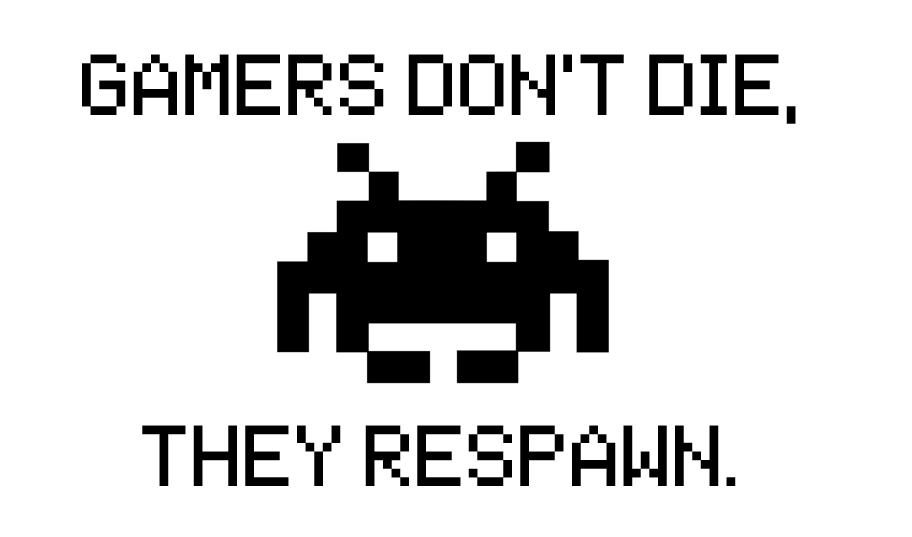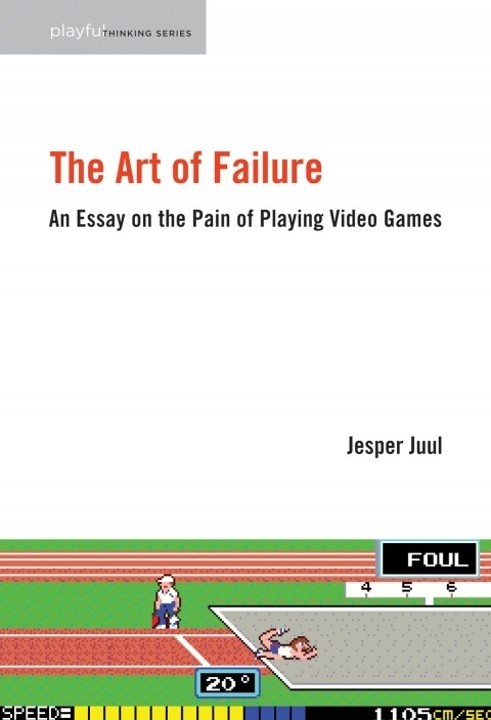
Gamers Don’t Die, They Respawn
Can you increase your level of psychological safety and curiosity at work by changing how you look at failure? I explored whether people who identify as gamers do this.
Hi all! My name is Kristen Toohill, and I recently finished writing my doctoral dissertation! WOOOOO!
I wondered if people who identify as gamers are more likely to try new things, fail, and try again at work. Gamers repeat these behaviors often while playing games, and these skills might transfer to other areas of life.
So I conducted two surveys. Together, they explored: 1) whether identifying as a gamer increased an individual’s level of psychological safety in a work team; and 2) whether that, in turn, increased the individual’s exploratory curiosity behaviors at work. I was excited to explore these ideas because if gamers do experience more safety and curiosity at work, then it’s possible that non-gamers can learn to think like gamers and experience these benefits as well.

Who are gamers, really?
Social identity theory is all about who you are and what groups you’re a part of. “Gamer” is an identity that you might (or might not) choose to connect with. It’s an especially flexible category, since the group is defined by its connection to—and consumption of—a form of media. Being a gamer is a tie of shared meanings, beliefs, and experiences with others, which results in shared cultural and social capital and a shared language (such as industry terms and jargon).
Importantly, not everyone who plays games identifies as a gamer. Not every person who plays a game turns “I play games!” into a core part of their identity…but people who identify as gamers do. I used a demographic question at the end of the surveys to ask participants whether or not they identified as a gamer.
If at first you don’t succeed…

At Happy Brain Science, we love psychological safety! You’ve probably seen it as a major theme in our blog posts and in our book.
Psychological safety is the unspoken and unwritten knowledge that it is safe for individuals to candidly express their needs and their failures in a team setting. I used Edmondson’s (1999, 2019) scale to test survey respondents’ level of psychological safety in their work teams.
A typical gamer is conditioned to respond to failure by quickly learning from it and trying again. An excellent and comprehensive book on this topic is Juul’s The Art of Failure, which explores how games require this failure-and-learning cycle as we play them. This approach to learning is highly psychologically safe and, theoretically, should be semi-transferable to different situations… such as learning on the job.
Curiosity improved the cat’s work life
It turns out that being curious about curiosity can lead you down a rabbit hole of fascinating information! Curiosity comes in many flavors. The kind I’m interested in is specific epistemic curiosity, or how much people are self-motivated to learn information that will help them in their jobs.
I used the Work-Related Curiosity Scale to measure it as part of my second survey.
Results
I conducted two surveys. The first one showed that gamers did have a lot more psychological safety at work than non-gamers! This was extremely exciting—but the results needed to be taken with a grain of salt. I only had 8 self-identified gamers in a sample of 110 people, so it could have been a fluke…which is why I tested these ideas again!
My second survey had more modest findings. This data set indicated that identifying as a gamer and having a high level of psychological safety at work are probably not related (i.e., the correlation wasn’t statistically significant)—and even if they were related (since it was close!), they’d only influence one another a little bit. This data set had more gamers in it—44 out of 170 people—so its results might be more compelling than the first data set…except that I had the unenviable experience of gathering my dissertation data during a global pandemic!
Psychological safety generally flourishes when there is a lack of ambiguity, and stress does strange things to the brain. The fact that I collected my second set of data in the middle of 2020—when the whole world was extremely ambiguous and stressful—might have skewed my data.
I’m planning on running a third study post-COVID. I’m waiting for the world to settle into its New Normal so I can gather more data and explore further! Until then I’ll be gaming away, thinking about the connections between how I work and how I play.
Want to read more?
My dissertation will be published when I graduate (around June 2021). It will be open-access, so anyone can read it (i.e., it won’t be behind an academic paywall). Until then, feel free to leave a comment here—I could talk about games in the workplace all day!
We’d love to hear your thoughts about how your mindset and hobbies can help you at work.Thanks for commenting below, connecting with us through any of our social media channels, or contacting us here.
